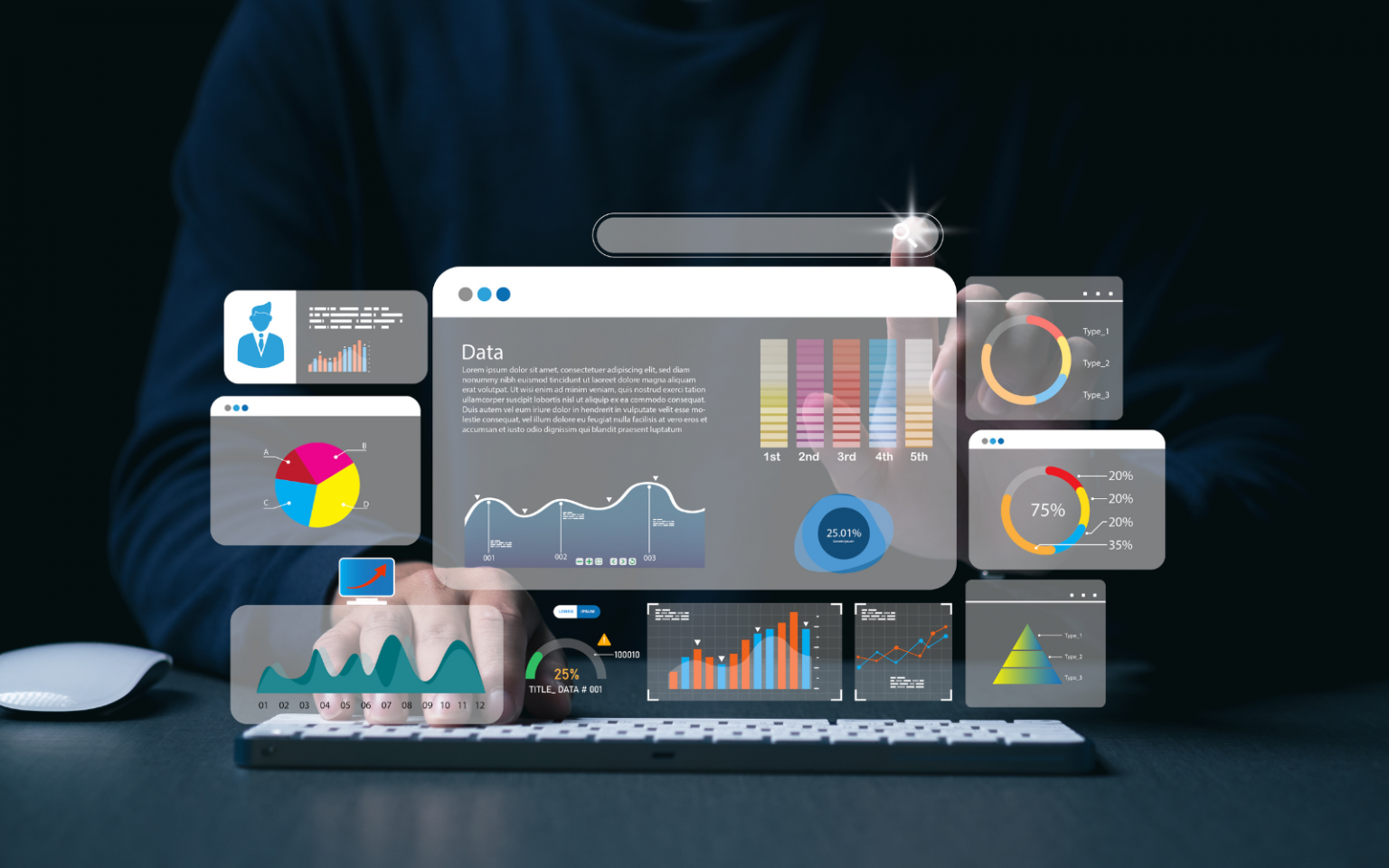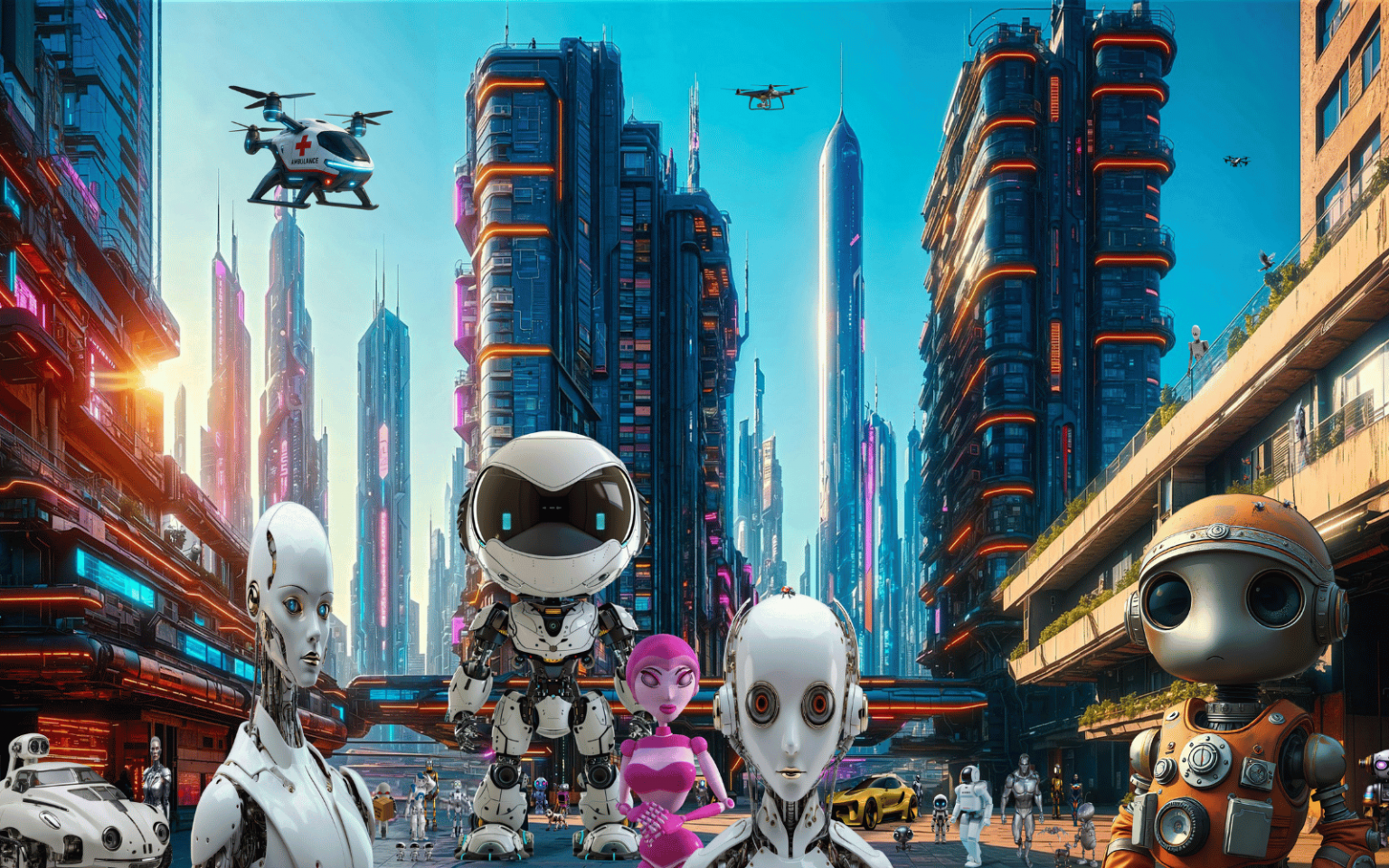Government departments across South Africa are increasingly relying on digital tools to evaluate public programmes and monitor performance. This is part of broader public-sector reforms. Their aims are to improve accountability, respond to audit pressure and manage large-scale programmes with limited staff and budgets. Here’s an example. National departments tracking housing delivery, social grants or infrastructure rollout rely on digital performance systems rather than periodic paper-based reports. Dashboards – a way of showing visual data in one place – provide near real-time updates on service delivery. Another is the use of platforms that collect mobile data. These allow frontline officials and…
Author: The Conversation
South Africa’s electricity system is changing. After years of blackouts until 2024, the state-owned energy company Eskom is being unbundled into smaller companies, and the sector is increasingly open to private investment. Households, businesses and municipalities are finding ways to rely less on the national grid and switch to renewable energy – a process known as off-gridding. Meanwhile, South Africa has raised US$13.7 billion to move away from coal-fired electricity (to be spent on renewable energy projects). But urban households that have never been connected to the national grid (such as shack settlements) are largely absent from these plans. This creates a policy blind spot where…
For a long time, the deal for a wide range of careers has been simple enough. Entry-level workers carried out routine tasks in return for mentorship, skill development and a clear path towards expertise. The arrangement meant that employers had affordable labour, while employees received training and a clear career path. Both sides benefited. But now that bargain is breaking down. AI is automating the grunt work – the repetitive, boring but essential tasks that juniors used to do and learn from. And the consequences are hitting both ends of the workforce. Young workers cannot get a foothold. Older workers are…
Alarm clocks, maps, books, flashlights, watches, radios, MP3 players, Palm Pilots, remote controls, cameras, handheld recorders and other devices have all been gradually absorbed into a single one: the smartphone. This convergence has brought unparalleled convenience into our fast-paced lives. Free internet-based calls and messaging, navigation, documentation, entertainment and even authenticator apps required to access work email have become essential daily functions and tasks. For most of us, smartphones are no longer optional; they’re constant companions that have restructured how we work, communicate and move through the world. Yet, as smartphones have become increasingly central to everyday life, a counter-trend has…
As with all creative industries, generative artificial intelligence (AI) has been infiltrating video games. Non-generative AI has been in the industry long before things like ChatGPT became household names. Video games would contain AI-driven gameplay systems such as matchmaking, non-player character (NPC) behaviour, or iconic fictional AI characters such as SHODAN and GLaDOS. Now, generative AI is being used to produce game assets and speed up development. This is threatening creative jobs and fuelling worries about low-effort releases or “slop”. If you buy a video game today, you may have no reliable way of knowing whether generative AI was used in any part of its development – from the art…
Would you create an interactive “digital twin” of yourself that can communicate with loved ones after your death? Generative artificial intelligence (AI) has made it possible to seemingly resurrect the dead. So-called griefbots or deathbots – an AI-generated voice, video avatar or text-based chatbot trained on the data of a deceased person – proliferate in the booming digital afterlife industry, also known as grief tech. Deathbots are usually created by the bereaved, often as part of the grieving process. But there are also services that allow you to create a digital twin of yourself while you’re still alive. So why not create one for when you’re gone?…
Generative artificial intelligence (GenAI) is now a reality in higher education, with students and professors integrating chatbots into teaching, learning and assessment. But this isn’t just a technical shift; it’s reshaping how students and educators learn and evaluate knowledge. Our recent qualitative study with 28 educators across Canadian universities and colleges — from librarians to engineering professors — suggests that we have entered a watershed moment in education. We must grapple with the question: What exactly should be assessed when human cognition can be augmented or simulated by an algorithm? Research about AI and academic integrity In our review of 15 years of…
South Africa has committed to phasing out human-caused carbon pollution by 2050. To get there, it needs to push as much renewable energy as possible into the national grid. The country is the world’s 15th largest carbon polluter. It’s one of only a handful of countries still heavily dependent on burning coal to generate electricity. The country’s transport system is totally reliant on crude oil and its derivatives. One of the keys to the transition to net zero is decarbonising household energy consumption. This means finding ways for homes to reduce the greenhouse gases that cause global warming. At the moment, household…
In 2023, the science fiction literary magazine Clarkesworld stopped accepting new submissions because so many were generated by artificial intelligence. Near as the editors could tell, many submitters pasted the magazine’s detailed story guidelines into an AI and sent in the results. And they weren’t alone. Other fiction magazines have also reported a high number of AI-generated submissions. This is only one example of a ubiquitous trend. A legacy system relied on the difficulty of writing and cognition to limit volume. Generative AI overwhelms the system because the humans on the receiving end can’t keep up. This is happening everywhere. Newspapers are being inundated…
Imagine a world where fresh vegetables and herbs sprout in the heart of our cities without the need for sprawling farms. Hydroponics – a method of growing plants without soil – uses a nutrient-rich water solution instead of earth and is useful in areas where soil quality is poor, land is frequently flooded, water supply is unreliable, or there simply isn’t enough space. Hydroponically cultivated plants use 90% less water than soil-based agriculture. They grow upwards in stacked layers and occupy 99% less land. Some hydroponic crops can yield ten times more produce compared to traditional cultivation methods, depending on crop type and the scale and…










